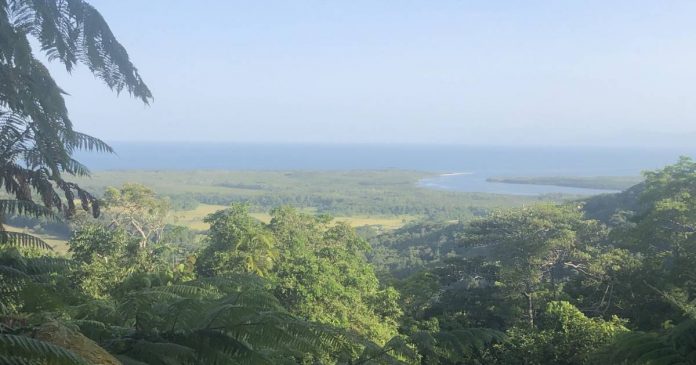A feasibility study for a proposed solar-based microgrid project in Queensland’s Daintree region will be completed and delivered on time says Federal Leichhardt MP Warren Entsch.
The project area has no mains electricity supply. Residents use diesel generators or solar power and battery storage – or a combination of both. Solar panels aren’t viable for all in the community due to shading issues and the wet season means for those who do have solar, some are running generators far more than they’d like to.
The project involves what will be Australia’s first solar to hydrogen microgrid, which proponents say would reduce the World Heritage Area’s reliance on diesel to generate power currently estimated at 4 million litres per year.
In May last year, Federal Energy Minister Angus Taylor announced a grant of $990,150 for Daintree Renewable Energy Pty Ltd to take the project to shovel- ready status within 12 months, with the funding arrangements finalised in November. The cash was provided under the government’s $50.4 million Regional and Remote Communities Reliability Fund.
The feasibility study involves the delivery of a fully costed design for a solar power based microgrid where surplus energy generation will be used to produce hydrogen, which will then be used to generate electricity during unfavourable conditions.
The proposed project hasn’t been without its critics – including KPMG.
In September last year, KPMG released a report stating the microgrid options would cost between $11,000 and $15,000 more per residential customer annually. It recommended stand-alone power system (SPS) options, which would cost between $700 and $6,000 more than current supply arrangements on an annual basis.
“SPS based solutions preserve the existing natural and cultural heritage values of the Daintree and allow for incremental staged enhancement and upgrade/replacement of systems and technologies over time without necessarily requiring substantial financial support from the State.”
“Rumour And Innuendo”
Regardless, Mr. Entsch still seems very keen on the microgrid project. Volt Advisory Group and Arcadis, who are working on the study, remain confident it’s viable.
Mr. Entsch said the feasibility study will be finalised in July and also addressed rumours circulating that the microgrid project would act as the launching pad for more development in the region.
“The Daintree is a World Heritage Protected Rainforest and is protected by a number of instruments, including a strict planning regime which limits the potential for future development,” he said. “This project is in no way seeking to change any of that.”
Volt Advisory Group project manager Richard Schoenemann stated once the concept becomes reality, it will have applications for others living in remote communities.






